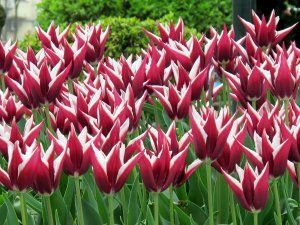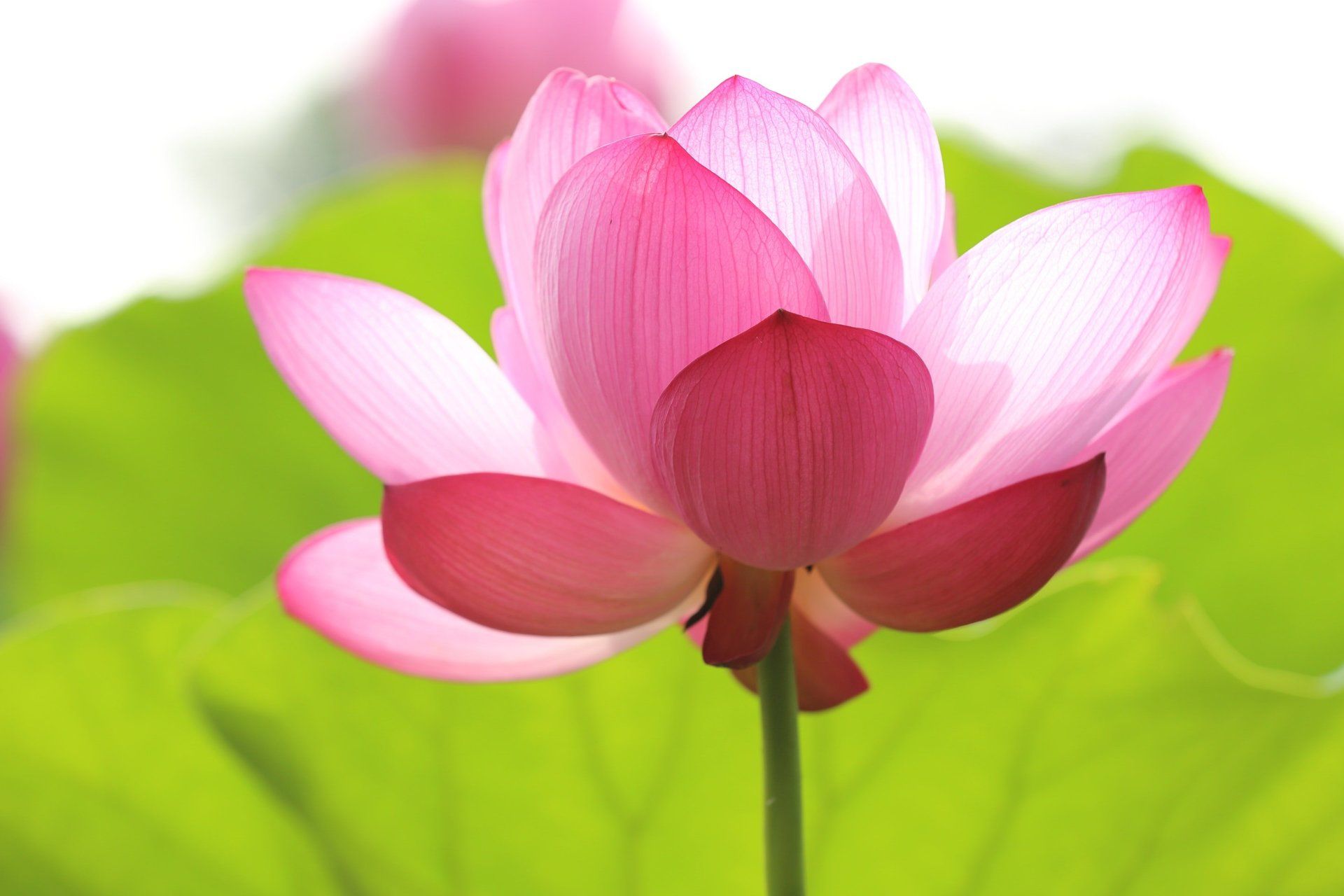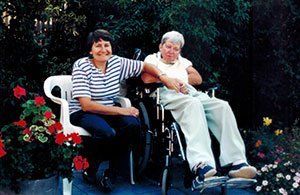Farewell to Costa Rica
I've just spent 16 days in Costa Rica absorbing the sun, the rain; coast, volcanoes, rain forest, birds, animals, reptiles, insects, friendly Ticos and embracing an atmosphere of hope. I was so aware that there was a radiating proud passion exuding from all who wished to share the magic of their homeland with me.
All too soon it was time to be at the airport hotel in San José for the imminent departure. It was a spacious luxurious hotel for sure, but once in one's room a sense of what city, what country am I in? A rude awakening from memories of palapa style accommodation or one with a floor to ceiling window displaying a volcano where we were awakened by the call of howler monkeys.
The day had started with me filming Scarlet Macaws nesting in a 400 year old ceiba tree (kapok) and now I was in an international hotel room somewhere. But there was something different as I walked the building. Orchids and other endemic plants were on display, area of garden were visible flaunting flowering bushes and trees and quiet corners with statues and greenery. I am not in the business of giving publicity to the corporate world and this is definitely not a promo blog, but I have to share my experience before leaving Costa Rica, something so Costa Rican to the end. The Wyndham San José Herradura Hotel embraces some of the Costa Rican values - preserving nature, being environmentally friendly and aiding the creation of a better world.
After breakfast overlooking one of the swimming pools, we asked a member of the wait staff about the orchid nursery. Not only did she take us there but showed us around. Another staff member joined us and explained that the orchids were grown for display within the hotel but also prepared to attach to tree trunks where they would root and bloom in the gardens. We heard of the organic vegetable and herb garden, the produce from which are used in the hotel.
We sat in one of the gardens with crotons and bougainvillea, hibiscus, bottlebrush and heliconia. There were bananas and mangos and, waving on long stalks, flowering orchids growing from the tree trunks.
The hotel has a waste water treatment plant, does not use fertilizers in the garden but compost and the products from a wormery. A pesticide made from garlic, onion and pepper is used.
I learned that all organic waste goes to a pig farm and used kitchen oil is used to produce bio-diesel. Biodegradable products are used for cleaning and sanitation purposes. I found that the hotel was part of the Blue Flag Ecological Program and has a Certification for Sustainable Tourism. Requirements include reducing the use of water, electricity and fuel by at least 5% over the previous year, a 25% reduction in the use of paper and the elimination of aerosols. Costa Rica is serious about sustainable tourism. The beauty and biodiversity of the country is breathtaking. The population eager to ensure it lasts for ever.
The tropical plants that I had discovered in the rain forests near Costa Rica's Caribbean coast and those I found in the transitional forest on the Pacific shore were waiting for me and waving a farewell from a hotel garden near San José airport. I waited for the airport shuttle feeling I had been gifted.











